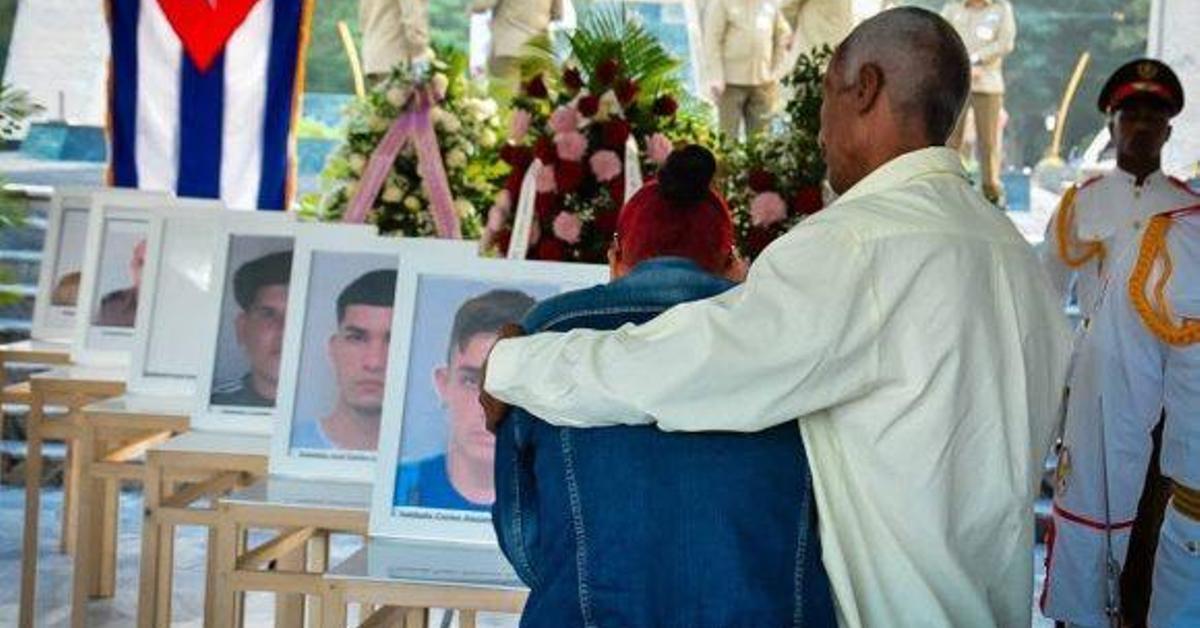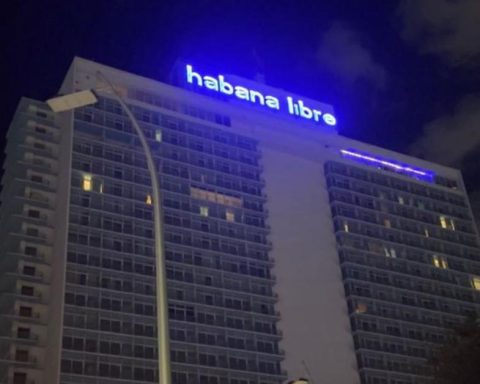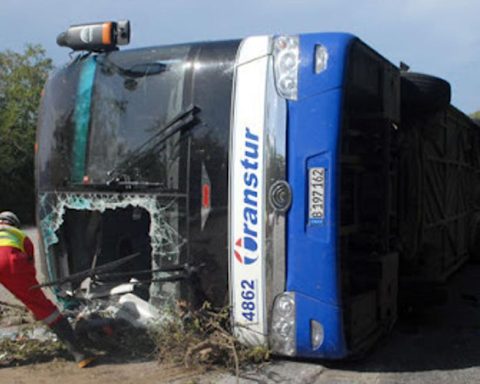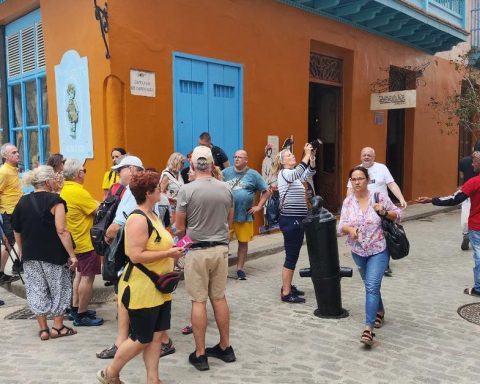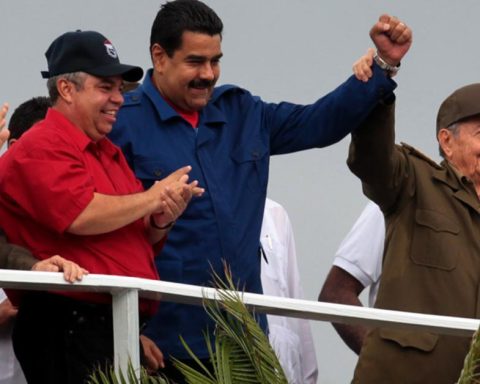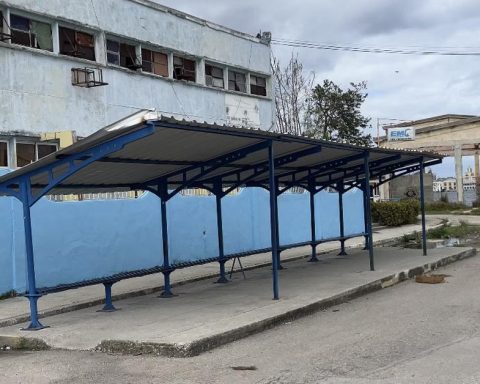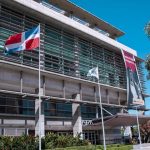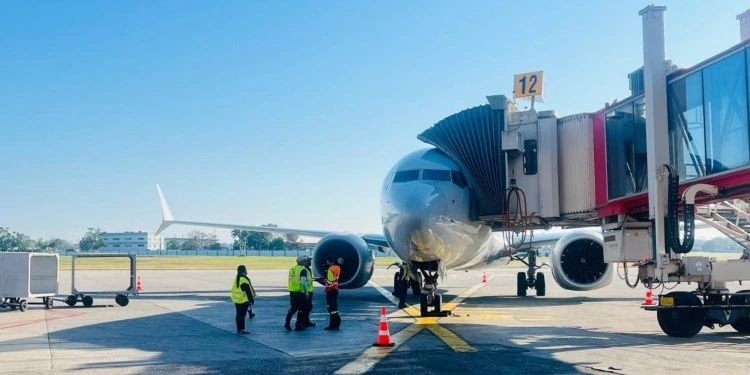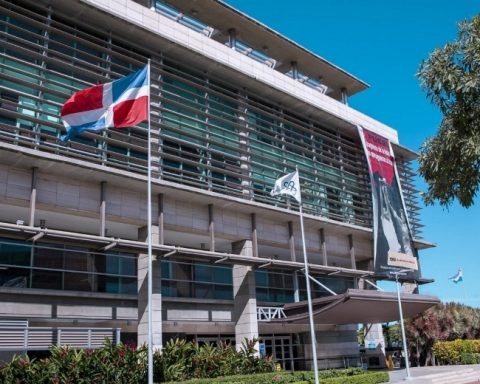Havana/In the absence of the bodies pulverized by the explosions on January 7 at the Melones arsenal, in Holguín, the Armed Forces organized this Monday a posthumous tribute to the 13 soldiers killed. Instead of coffins, photos of the victims, one of them with the face of recruit Frank Antonio Hidalgo Almaguer covered.
This detail, among others, reflected the deep discomfort and, in some cases, the indignation of family members at the actions and rhetoric of the regime, which insists on presenting the recruits as “combatants” who fulfilled their duty. “How sad for the family to hear people say that they are heroes, combatants who died to defend the homeland, when in truth one does not know what homeland they were defending if no one was attacking us,” the sister of the hidden young man, Daliha González Almaguer, wrote on Facebook. “Now they disguise everything with words that they believe comfort or touch the hearts of the suffering.”
According to a source from this newspaper in Holguín, the rest of the military service recruits who operated in the Melones unit were discharged. Furthermore, the explosions “continue two to three a day, and there is still ammunition in the tunnels.”
The explosions “continue two to three a day, and there is still ammunition in the tunnels”
The sister of the young recruit demanded a response for what she considers “a terrible decision” by the Melones officers. “They will never say who was responsible. Do you think that there are not more career military personnel who give their testimony and are clear that, in those cases, the protocol that they mention so much is to evacuate, not enter the place?
Although everything indicates that it was at the request of the family, González did not explain the reasons why his brother’s face was covered both in the official ceremony and in the tributes that the Armed Forces have spread on their social networks. In the recording broadcast by Cuban Television, Miguel Díaz-Canel is seen passing in front of the covered portrait of Hidalgo Almaguer while a general points at him and says some inaudible words.
The woman was not the only one of the relatives of the deceased soldiers who reacted. Gretel Maria Francosecretary of the president of the Municipal Assembly of Rafael Freyre, Alexis Driggs, and mother of Leinier Jorge Sánchez, reacted harshly to the announcement of the event: “Tomorrow [20 de enero] The murderers of this country want to have a ceremony against the will of the parents. They didn’t even have the courage to look for them because they are idiots and now they want to mourn nationally. “They are murderers.” According to this newspaper’s source in Holguín, Franco did not attend the ceremony.
The ruling party’s event was held in the Calixto García square in Holguín. The ceremony had a military character and salutes were fired for the deceased. In addition to Díaz-Canel, the Prime Minister, Manuel Marrero, senior officials of the Armed Forces chaired by General Álvaro López Miera, and Joel Queipo Ruiz, the provincial secretary of the Communist Party to whom the president delegated the management of the tragedy.
/ Presidency of Cuba
The absence of Raúl Castro, who spends his retirement from public life in Holguín and usually attends events organized by the Armed Forces, of which he was minister and highest authority for decades, was notable.
The words of the event, given by General Florencio Navas, chief of the Eastern Army General Staff, focused on the “waste of courage” of the recruits, whom the official rhetoric presents “in combat” against the fire that caused the arsenal explosion.
Naval for the Revolution: in the face of adversity they preferred to face it.” The general insisted that, “from the first moment of the events,” the authorities went to the scene.
Melones’ case was subjected to “permanent monitoring,” alleged the soldier, who invoked the “mothers of national history” such as Mariana Grajales and Lucía Íñiguez, mothers of the heroes Antonio Maceo and Calixto García, both from the East. In addition, he reported that the four deceased officers would be awarded the next higher military rank posthumously and the Calixto García medal to those “heroically fallen.”
/ Cubadebate
Navas did not spare common places. He assured that the deceased “are part of the history of a great people” and that “death is not true when the work of life has been well accomplished.” The event concluded when Díaz-Canel and the regime’s senior staff placed flowers next to the portraits.
The official press, for its part, alluded to the “children and grandchildren (who) travel to immortality because they have not died, they are called alive because they fulfilled the duty that corresponded to them as combatants of the Revolutionary Armed Forces.” For Radius Angleit is about “brave soldiers”, while the Holguín newspaper Now! –who remained completely silent during the development of the events– acknowledged that the atmosphere in the square It was one of “deep dismay.”
Julio César Guerrero Batista, father of one of the recruits who died in the explosion, also had harsh words to describe this Monday’s official ceremony. The man from Holguín complained of having suffered “contempt” and “humiliation” by the organizers of the event who did not allow the young soldier’s widow access to the site where the floral offerings were placed for the dead soldiers.
Guerrero Batista, father of José Carlos Guerrero Gracía, called Miguel Díaz-Canel “the pharaoh” and criticized the excessive security operation around the president that prevented “any commoner” from accessing the plaza where the ceremony took place. “They cut off all communication with the family that was hoping to participate with us,” lamented the man who had already had denounced previously that the authorities “never looked for the bodies or investigated.”
Neither the death of the Melones recruits nor other recent incidents – such as the fire at the Matanzas Supertanker Base, in 2022 – have been a starting point for a debate on the relevance of military service either in Parliament or in other instances of the regime.
On the contrary, the event seems to have motivated a reaffirmation of the militarist discourse in the official media: this Monday Cuban Television called for a “student bastion” throughout the country. It is a military exercise, announced by the Minister of Higher Education, to “prepare and ratify university students as a ready reserve in the structures of the defense of the Revolution.”
The minister invoked the Constitution to remind young people that their military preparation is a task that they must fulfill “with enthusiasm and commitment”, regardless of “challenges and dangers.”
